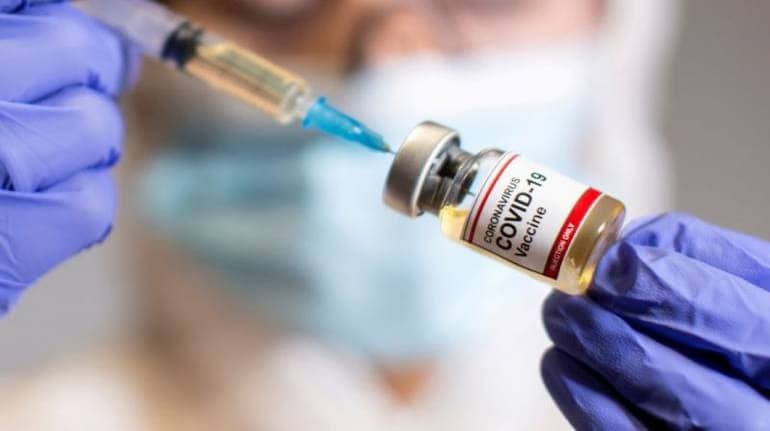Three pharma companies have applied for emergency use authorisation of their COVID-19 vaccines in India
EU drug regulator European Medicines Agency, which is reviewing the emergency-use applications filed by
Pfizer-BioNTech and
Moderna for their respective Covid-19 vaccines, has been hit by a cyberattack.
The Amsterdam-based regulatory agency said it has swiftly launched a full investigation, in close cooperation with law enforcement and other relevant entities. The EMA, however, didn’t indicate who was behind the attack or what was the motive behind the breach of its systems.
BioNTech said in a statement on December 9 that hackers had breached EMA servers and accessed some documents relating to the regulatory submission for Pfizer-BioNTech’s Covid-19 vaccine candidate. The company said it was unaware if any study participants had been identified through the data being accessed.
“At this time, we await further information about EMA’s investigation and will respond appropriately and in accordance with EU law. EMA has assured us that the cyber attack will have no impact on the timeline for its review,” BioNTech said.
Regulators stunned
The cyberattack on EMA has sent shockwaves across various countries’ drug regulators, some of whom have recently begun reviewing Covid-19 vaccines, while others are due to take up reviews in the days ahead.
Drug regulators deal with confidential data related to the vaccine research, clinical trials, manufacturing and supply chain. This data, if stolen, can be used in myriad ways to gain knowhow, sabotage competition, disrupt supply chains, or be traded in exchange for a financial benefit.
“With the Covid-19 pandemic, lots of employees are working from home. This makes it much easier for hackers to breach information systems,” said Huzefa Motiwala, Senior Director – Systems Engineering, Commvault, Asia Pacific region.
Motiwala advises people responsible for information architecture to review their systems and invest in technology that offers security and data backups.
In the past, while developing Covid-19 vaccines, companies such as Moderna, AstraZeneca, Pfizer and government laboratories in Spain have complained of cyber attacks allegedly originating from China and Russia.
Both countries have denied that such attacks have taken place from their soil.
McAfee, the US-based computer security software company that tracks cyber attacks, said it saw a
605 percent increase in Covid-focussed threats detected in the second quarter of 2020. Attacks involving science and technology labs and firms rose 91 percent over the previous quarter.
State-sponsored cyber attacks
Analysts say some of these hackers are state-sponsored. In his blog, Tom Burt, Corporate Vice President, Customer Security and Trust, Microsoft, says that in recent months, cyberattacks from three nation-state hacker groups targeting seven prominent companies directly involved in Covid-19 vaccine research and treatment have been detected.
Burt says pharmaceutical companies and vaccine researchers in India, along with those in Canada, France, South Korea and the US are major targets of the hackers. He alleged that the attacks came from Strontium, a hacker group originating in Russia, and two groups originating from North Korea called Zinc and Cerium.
“Among the targets, the majority are vaccine makers that have Covid-19 vaccines in various stages of clinical trials. One is a clinical research organization involved in trials, and one has developed a Covid-19 test. Multiple organizations targeted have contracts with or investments from government agencies from various democratic countries for Covid-19 related work,” Burt said.
The Microsoft executive explains that Strontium uses password spray and brute force login attempts to steal login credentials. Zinc and Cerium attackers use phishing methods such as sending messages with fabricated job descriptions or using Covid-19 themes while masquerading as World Health Organization (WHO) representatives.
Vaccine supply chains vulnerableAnalysts have also warned of hackers breaking into vaccine supply chains and logistics systems and playing havoc.
In April, the WHO said that since the Covid-19 pandemic, it has seen a dramatic increase in the number of cyber attacks directed at its staff, as well as email scams targeting the public at large.
The WHO said it is working with the private sector to establish more robust internal systems and strengthening security measures while educating staff on cybersecurity risks.
The world health body has asked the public to remain vigilant against fraudulent emails and recommends the use of reliable sources to obtain factual information about Covid-19 and other health issues.












_2020091018165303jzv.jpg)


























